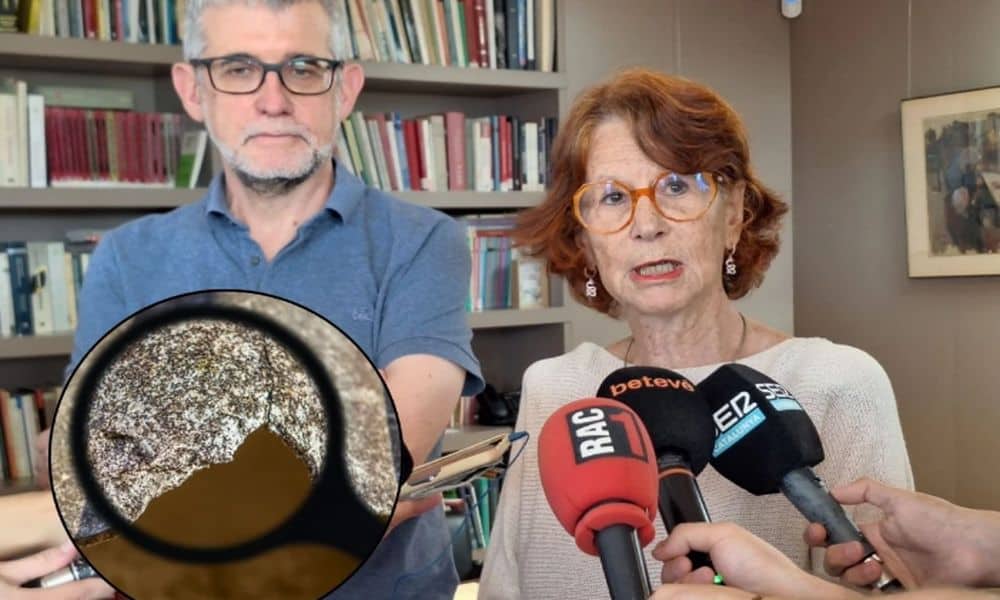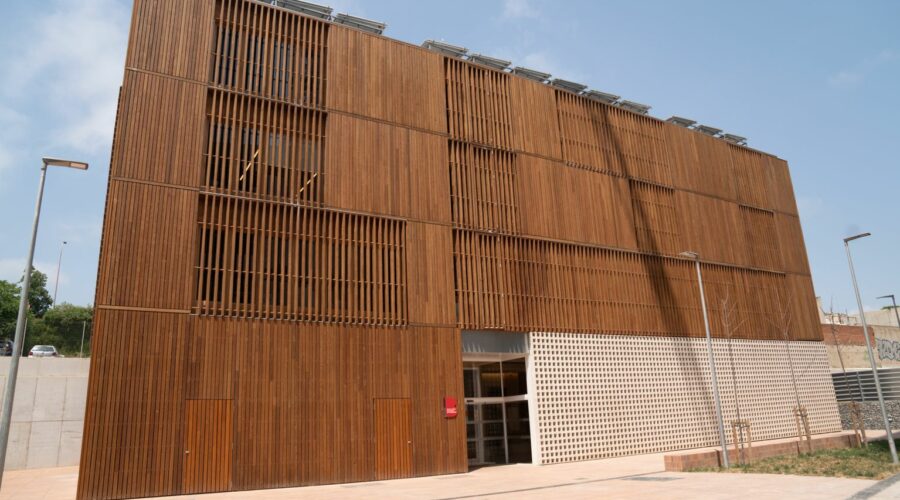same The alarming number of Catalan municipalities without a registered asbestos census, according to the Generalitat, 945 of the 947 Catalan towns have asbestos roofs. This is explained by Esther Giménez- Salinas, who is the Síndica de Greuges de Catalunya. She pointed out that only 27.3% of these municipalities have a census of facilities with asbestos. In addition, 97.1% do not have a removal schedule.
The alarming number of Catalan municipalities without a registered asbestos census, according to the Generalitat, 945 of the 947 Catalan towns have asbestos roofs. This is explained by Esther Giménez- Salinas, who is the Síndica de Greuges de Catalunya. She pointed out that only 27.3% of these municipalities have a census of facilities with asbestos. In addition, 97.1% do not have a removal schedule.
Catalans without asbestos registration: Data from the Generalitat
In this meeting with the media, Giménez – Salinas qualified this fact of very low figures, which were collected in the report ‘La retirada de l’amiant a Catalunya’ that corresponds to the Síndic de Greuges. That is made from data from the Generalitat, where he detected that 945 of the 947 municipalities have asbestos roofing. This number stated that these figures show a delay of the commitment of the European Union (EU) to remove asbestos from public buildings before 2028 and, of the rest, before 2032. This to achieve this goal has been requested good laws and means.
Contaminated soils and wastes
The Catalan Ombudsman’s report concludes that there is no regulation beyond this additional provision 14 of Law 7/2022, on contaminated soils and waste for the circular economy. Because it transfers municipalities the obligation to make a census of facilities with removal schedule and asbestos before April 2023. According to this report highlights that these 259 municipality involve 27.3% of the total with census. This means that only 27, corresponding to 2.9% of the total, have an established asbestos removal schedule.
Síndic requires support from municipal agencies
It should be noted that these local councils have difficulties in complying with this obligation due to the lack of economic and technical resources. Therefore, the Catalan Ombudsman requires “cooperation between administrations”. In addition to the support of supra-municipal bodies. Jaume Saura, who is the Deputy Ombudsman, recalls that the Catalan Parliament had a project for the elimination of asbestos and has requested that it be advanced and taken up again in a bill. So that it is constituted in the new Govern.
Catalans without asbestos registration: prioritize asbestos removal
According to Saura, it is necessary to prioritize the elimination of asbestos in sites where vulnerable groups spend more time. This is where adolescents and children are found, such as spaces like parks, schools and sports centers. He also explains that “most of the asbestos is in private properties” and stressed the importance of forming aids and subsidies that include a quick procedure for owners of establishments and buildings with asbestos to remove this material. On the other hand, he stressed that when asbestos is removed, it is essential to protect the workers who take the material and the neighbors of the environment in which they may be harmed by this action.
Health risks
It should be noted that asbestos is a material used in construction that has been used between 1960 and 1980 to cover buildings, pipes and water tanks. These deteriorate over time and release fibers that are harmful to health. Since 2002, the use of asbestos has been banned, as it is a category 1 A carcinogen, which damages the respiratory system and is related to diseases such as rectal cancer, pharyngeal cancer and peritoneal mesothelioma.
Asbestos releases microscopic fibers
Asbestos is a fibrous material that, as it deteriorates, releases microscopic fibers into the air. Inhalation of the fibers can cause serious respiratory diseases. For example, various types of cancer including mesothelioma and asbestosis. Furthermore, the absence of an effective census is not only an obstacle. It also prevents effective management of asbestos and puts public health at risk. Finally, it should be noted that the absence of a census of asbestos in different Catalan municipalities is an urgent situation that needs immediate attention. It is essential that the necessary resources are added. In addition, awareness of the dangers of asbestos should be raised in order to ensure the welfare and safety of all residents in Catalonia.



